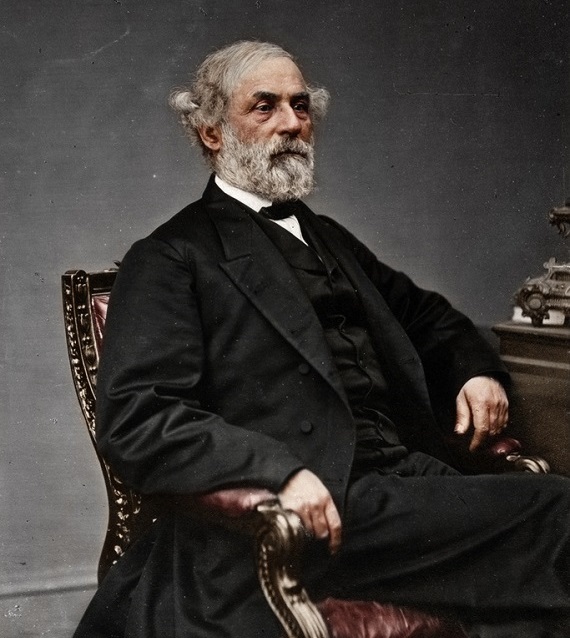
Our culture has, of late, become rather fixated on the idea that every historical figure in our past should have anticipated how moral worldviews would evolve after his or her death. Now, clearly, this is impossible. Picasso and Hemingway, to take two great artists who were also generally terrible people, could not (and should not) have thought about how their work would be viewed decades hence. To do so would have made for rather less interesting work—art in the service of popular opinion, rather than art in the service of art.
Not that this distinction matters to contemporary progressives, who have embraced a peculiar cultural quest: whitewashing our history and purging it of anyone who did not conform with contemporary moral standards. This has led to what we might call the Great Erasure, which is an attempt to “correct” the allegedly benighted views of the past and “align” our culture with our new and “improved” moral standards. Thus the tearing down of monuments, the attempt to erase people like Bill Cosby from memory, and the insistence that art and history should always and everywhere be in the service of that most nebulous and vaguely defined of crusades: social justice.
More @ The Abbeville Institute

No comments:
Post a Comment